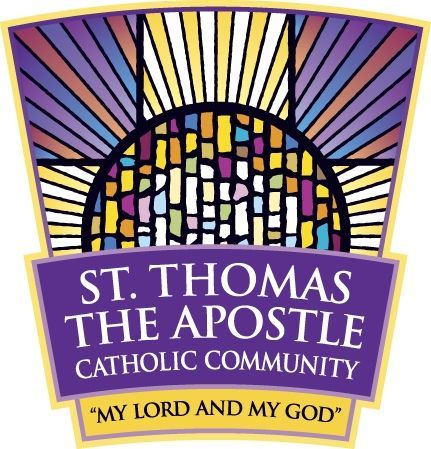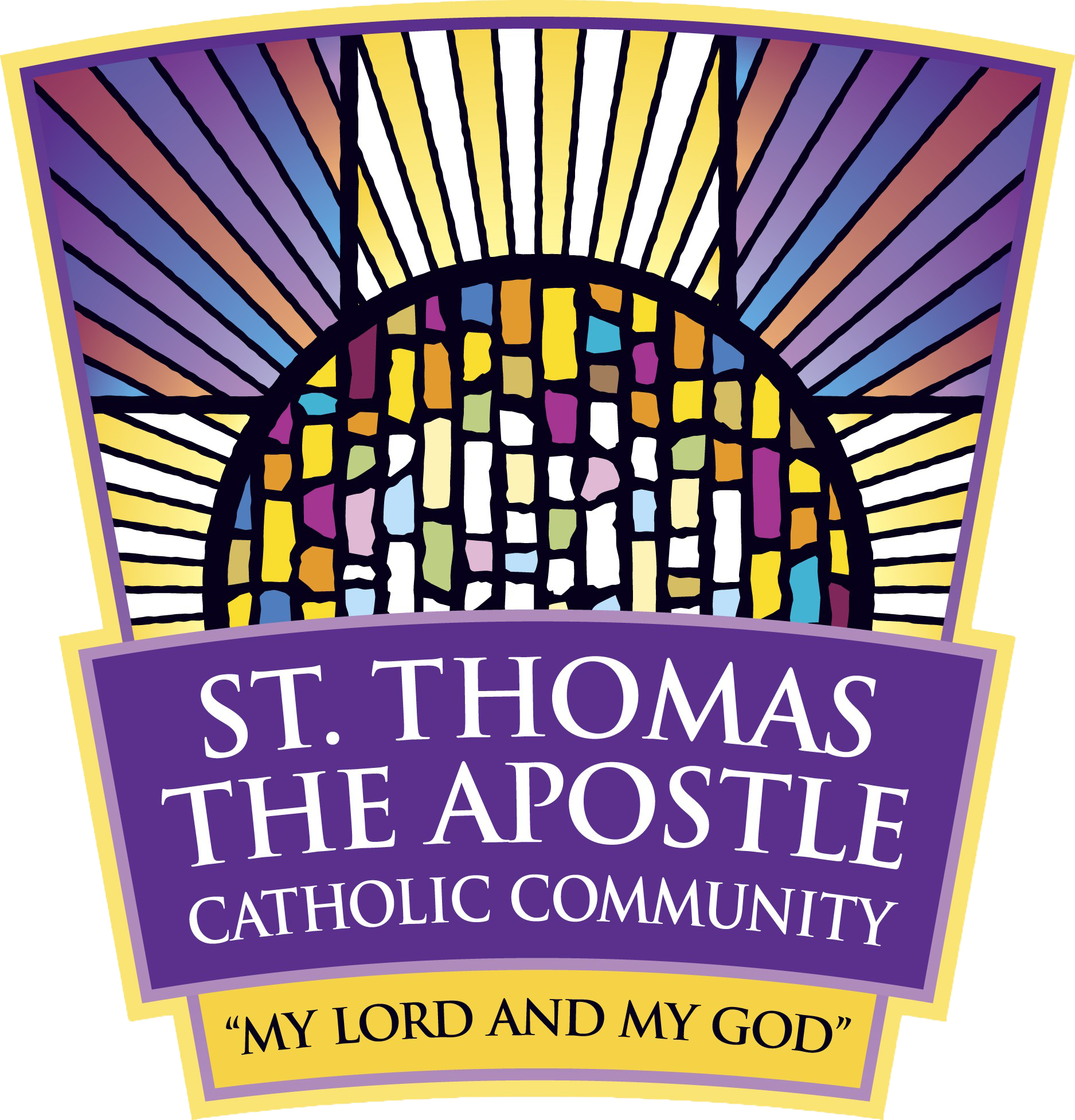Online Library
Helpful Catholic Links and Resources
USCCB
United States Conference of Catholic Bishops (USCCB)
Episcopal documents (those written by bishops) bear great authority within their own diocese and are to be considered definitive therein.
Built of Living Stones; Art and Architecture in the Diocese of the United States - USCCB
Helpful Catholic Links (Click on any of the links to be taken to an outside webpage for more information about various Catholic ministries, organizations, and medias that can assist on your journey of knowledge, spiritual growth, and engagement with the Catholic Church.)
Catechism of the Catholic Church
The Holy See (Vatican Website)
Catholics Come Home
Today’s Scripture
Catholic Foundation of Eastern Montana
Diocese of Great Falls-Billings
Catholic Mass Times
Billings Catholic Schools
Busted Halo
How to Pray the Rosary
Word On Fire
Help Our Marriage
National Council of Catholic Women
Catholic Kids
American Catholic
Religious Vocations
LaVie Pregnancy Center
For Your Vocation
Knights of Columbus
Holy Cross Cemetery
Catholic College Education Scholarships
Second Vatican Ecumenical Council (Vatican II)
For the complete video series on the Vatican II council click
Click HERE
Links
Dogmatic Constitution on the Church - Lumen Gentium
Dogmatic Constitution on Divine Revelation - Dei Verbum
Constitution on the Sacred Liturgy - Sacrosanctum Concilium
Pastoral Constitution on the Church in the Modern World - Gaudium et Spes
Decree on the Apostolate of Lay People - Apostolicam Actuositatem
Decree on the Church's Missionary Activity - Ad Gentes Divinitus
Decree on Ecumenism - Unitatis Redintegratio
Decree on the Mass Media - Inter Mirifica
Declaration on Religious Freedom - Dignitatis Humanae
Declaration of the Relation of the Church to Non-Christian Religions - Nostra Aetate
Declaration on Christian Education - Gravissimum Educationis
Papal Documents - Encyclicals, Apostolic Exhortations, Decrees & Bulls
Papal documents vary in their authority depending on the type of document and audience addressed.
Links
Post-Synodal Apostolic Exhortation To Young People - Christus Vivit - Pope Francis
Apostolic Exhortation Rejoice and Be Glad - Gaudete et Exultate - Pope Francis
Post-Synodal Apostolic Exhortation On Love and the Family - Amoris Laetitia - Pope Francis
Encyclical Letter On Care for Our Common Home - Laudato Si - Pope Francis
Bull of Indiction of the Extraordinary Jubilee of Mercy - Misericordiae Vultus - Pope Franci
sApostolic Exhortation The Joy of the Gospel - Evangelii Gaudium - Pope Franci
sEncyclical Letter The Light of Faith - Lumen Fidei - Pope Franci
sEncyclical Letter Charity in Truth - Caritas in Veritate - Benedict XV
IEncyclical Letter In Hope We are Saved - Spe Salvi - Benedict XV
IEncyclical Letter God is Love - Deus Caritas Est - Benedict XV
IEncyclical Letter The Church Draws Her Life from the Eucharist - Ecclesia De Eucharistia - John Paul I
IEncyclical Letter Faith and Reason - Fides et Ratio - John Paul I
IEncyclical Letter That All May Be One - Ut Unum Sint - John Paul I
IEncyclical Letter The Splendor of Truth - Veritatis Splendor - John Paul I
IEncyclical Letter Mission of the Redeemer - Redemptoris Missio - John Paul I
IEncyclical Letter Mother of the Redeemer - Redemptoris Mater - John Paul I
IEncyclical Letter On the Holy Spirit in the Life of the Church - Dominum et Vivificantem - John Paul I
IEncyclical Letter Rich in Mercy - Dives in Misericordia - John Paul I
IEncyclical Letter The Redeemer of Man - Redemptor Hominis - John Paul I
IEncyclical Letter On the Holy Eucharist - Mysterium Fidei - Paul V
IEncyclical Letter On the Need for Practice of Interior and Exterior Penance - Paenitentiam Agere - John XXIII
Catholic Social Teaching
Developing our conscience through the lens of understanding human dignity, solidarity, and subsidiarity, Catholics around the world are called to incorporate and live out the moral social teachings of the Catholic Church (CST) to bring around a more just society by developing communities that advocate for all people throughout their life by recognizing the inherent dignity of all humans from conception through natural death, ensuring people have adequate spiritual, financial, emotional, and environmental means to care for themselves, limiting the destruction of our shared home, encouraging the family to live out their vocation in society through the raising and education of their children with the insurance of being financially able to do so, and reducing the negative effect of consumer culture on society. CST calls for everyone to understand that we are connected to one another, and our actions have profound effects on others, even if they are invisible to us.
For the complete video series on the 7 key themes of Catholic Social Teaching, follow these links below.
Compendium on the Social Doctrine of the Church (Link)
Encyclical Letter The Gospel of Life - Evangelium Vitae - John Paul II
Encyclical Letter On Social Concern - Sollicitudo Rei Socialis - John Paul II
Encyclical Letter On Human Work - Laborem Exercens - John Paul II
Encyclical Letter On Human Life - Humanae Vitae - Paul VI
Encyclical Letter On the Progress of Peoples - Populorum Progressio - Paul VI
Encyclical Letter Peace on Earth - Pacem in Terris - John XXIII
Encyclical Letter On the Dignity of Workers - Rerum Novarum - Leo XIII
"The Church's Magisterium exercises the authority it holds from Christ to the fullest extent when it defines dogmas, that is, when it proposes... truths contained in divine Revelation or also when it proposes, in a definitive way, truths having a necessary connection with these. There is an organic connection between our spiritual life and the dogmas. Dogmas are lights along the path of faith; they illuminate it and make it secure. Conversely, if our life is upright, our intellect and heart will be open to welcome the light shed by the dogmas of faith. The mutual connections between dogmas, and their coherence, can be found in the whole of the Revelation of the mystery of Christ. 'In Catholic doctrine there exists an order or 'hierarchy' of truths, since they vary in their relation to the foundation of the Christian faith.'" - Catechism of the Catholic Church nos. 88-90

